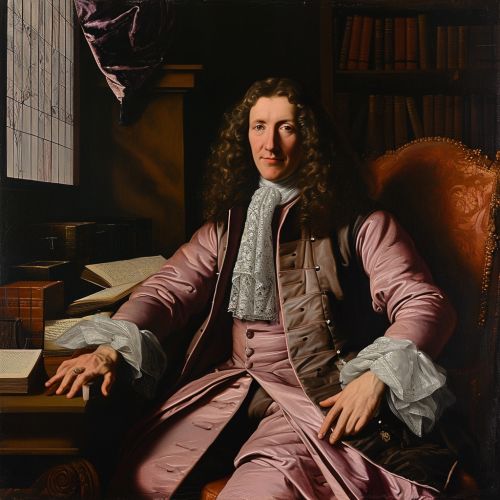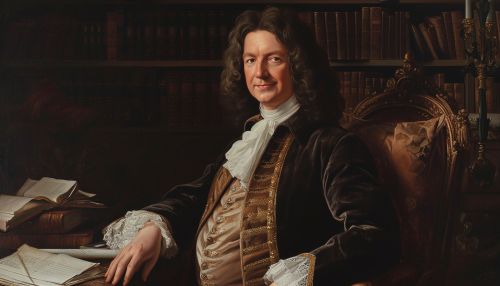Baruch Spinoza
Early Life
Baruch Spinoza was born on 24 November 1632 in Amsterdam, Netherlands, in a Portuguese-Jewish community. His family had fled from the Inquisition in Portugal to the more tolerant Netherlands where Spinoza received a traditional Jewish education. However, his critical and independent thinking soon set him apart from his peers.
Philosophy
Spinoza's philosophy is a system of ideas that is both complex and unique. It is often considered a form of pantheism, the belief that God is identical with the universe, but it diverges significantly from earlier forms of pantheism.
Substance, Attributes, and Modes
Spinoza's metaphysics revolves around the concepts of substance, attributes, and modes. He defines "substance" as that which exists in itself and is conceived through itself. According to Spinoza, there is only one substance, which he calls "God" or "Nature", and it is infinite, eternal, and self-caused.
Ethics
Spinoza's Ethics is a philosophical treatise that proposes a moral philosophy where the basis for ethical action is self-interest. He argues that the path to "blessedness" and peace of mind lies in an intellectual love of God, which he equates with an understanding of the laws of nature.
Influence and Legacy
Spinoza's ideas were controversial in his time and he was often criticized by his contemporaries. However, his work has had a lasting influence on a wide range of fields, including philosophy, political theory, and psychology.
See Also


